Lucy Walker Talks Storytelling Through Documentaries: ‘It’s Difficult, You’re Asking People to Share Their Secrets’





The story of Arctic explorer Ernest Shackleton's failed 1914 expedition to be the first to traverse the continent of Antarctica has long captured the popular imagination, as have the various efforts to locate the wreckage of his ship, the Endurance. The ship was finally found in 2022, nearly 107 years after it sank beneath the ice. The stories of Shackleton's adventures and the 2022 expedition are told in parallel in Endurance, a new documentary from National Geographic now streaming on Disney+.
Endurance is directed by Oscar winners Jimmy Chin and Chai Vasarhelyi (Free Solo). According to Vasarhelyi, she and Chin had been obsessed with the Shackleton story for a long time. The discovery of the shipwreck in 2022 gave them the perfect opportunity to tell the story again for a new audience, making use of all the technological advances that have been made in recent years.
"I think the Shackleton story is at the heart of the DNA of our films," Vasarhelyi told Ars. "It's the greatest human survival story ever. It really speaks to having these audacious objectives and dreams. When everyone tells you that you can't, you want to do it anyway. It requires you to then have the actual courage, grit, discipline, and strength of character to see it through. Shackleton is that story. He didn't sensibly achieve any of his goals, but through his failure he found his strength: being able to inspire the confidence of his men."
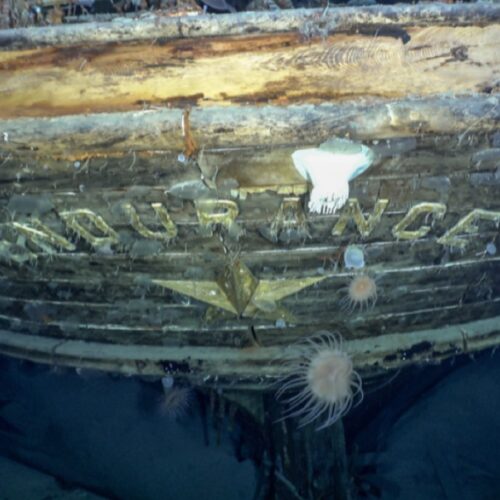
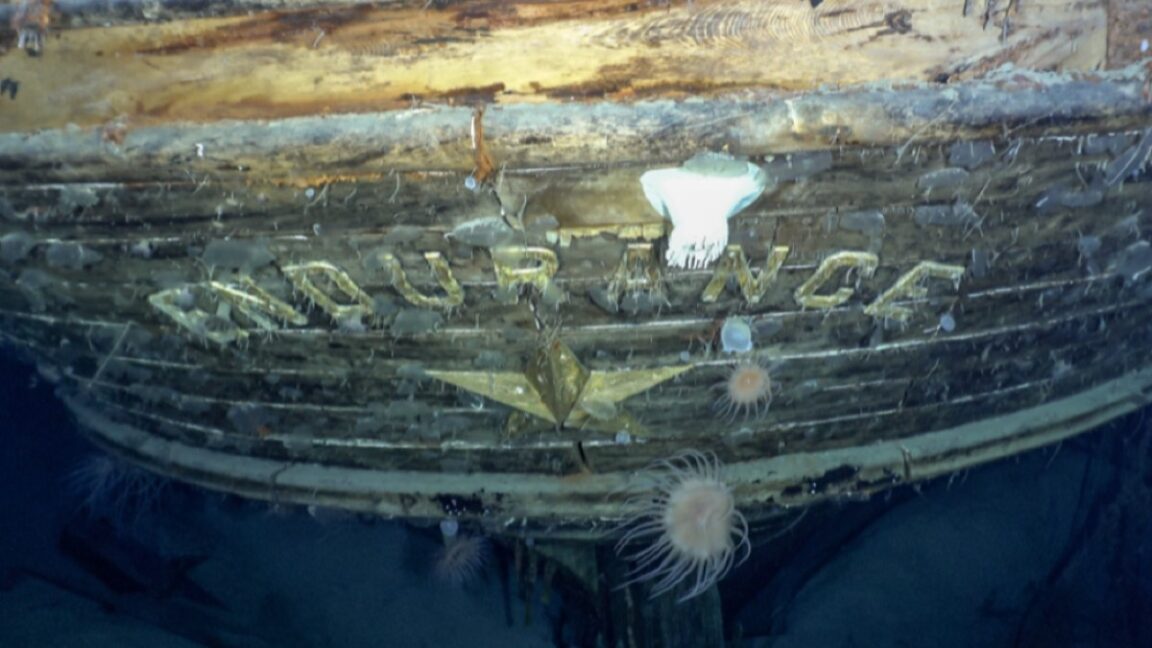
© Falklands Maritime Heritage Trust
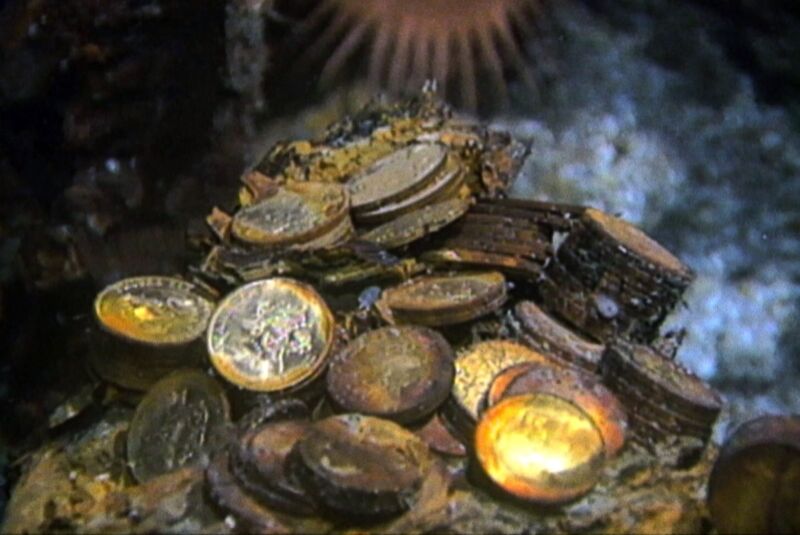
Enlarge / Cursed Gold: A Shipwreck Scandal documents the spectacular rise and fall of treasure hunter Tommy Thompson. (credit: Recovery Limited Partnership Liquidating Trust)
Many people dream of finding lost or hidden treasure, but sometimes realizing that dream turns out to be a nightmare. Such was the case for Tommy Thompson, an American treasure hunter who famously beat the odds to discover the location of the SS Central America shipwreck in 1988. It had been dubbed the "Ship of Gold" since it sank in 1857 laden with 30,000 pounds of gold bars and coins—collectively worth enough money to have some impact on the Panic of 1857 financial crisis.
Thompson and his team recovered significant amounts of gold and artifacts to great fanfare, with experts at the time suggesting the trove could be worth as much as $400 million. The euphoria proved short-lived. Thirty-nine insurance companies filed lawsuits, claiming the gold was rightfully theirs since the companies had paid damages for the lost gold back in the mid-19th century. Thompson eventually prevailed in 1996, when courts awarded him and his discovery team 92 percent of the gold they'd recovered.
But actually realizing profits from the gold proved challenging; In the end, Thompson sold the gold for just $52 million, almost all of which went to pay off the massive debt the project had accumulated over the ensuing years. So naturally, there were more lawsuits, this time from the investors who had financed Thompson's expedition, accusing him of fraud. Thompson didn't help his case when he went on the run in 2012 with his assistant, living off some $4 million in assets stashed in an offshore account.
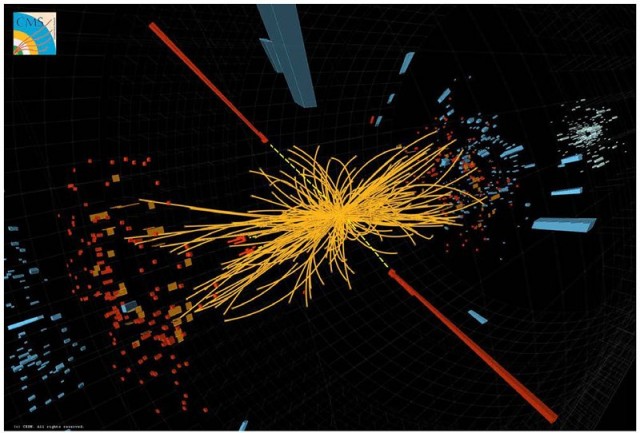
A collision between subatomic particles in the Large Hadron Collider's CMS detector. (credit: Research.gov)
Particle physics is poised to hit the bright lights of Broadway with the adaptation into a musical of the 2013 documentary Particle Fever, which charts the journey to detect the Higgs boson at the world's largest particle accelerator. According to Deadline Hollywood, the creators described their musical as being filled with “heart, humor, and hope,” calling it an “exploration of the very nature of exploration itself... Particle Fever proves that even the very best theories are often no match for reality.”
(Spoiler: Physicists discovered the Higgs boson in 2012.)
Johns Hopkins University's David Kaplan was a film student turned theoretical physicist when he came up with the idea for a documentary on the search for the Higgs boson—at the time, the last remaining piece of the Standard Model of Particle Physics yet to be detected. The Large Hadron Collider at CERN was designed for that purpose, although the physics community hoped (in vain thus far) to also discover exciting new physics.
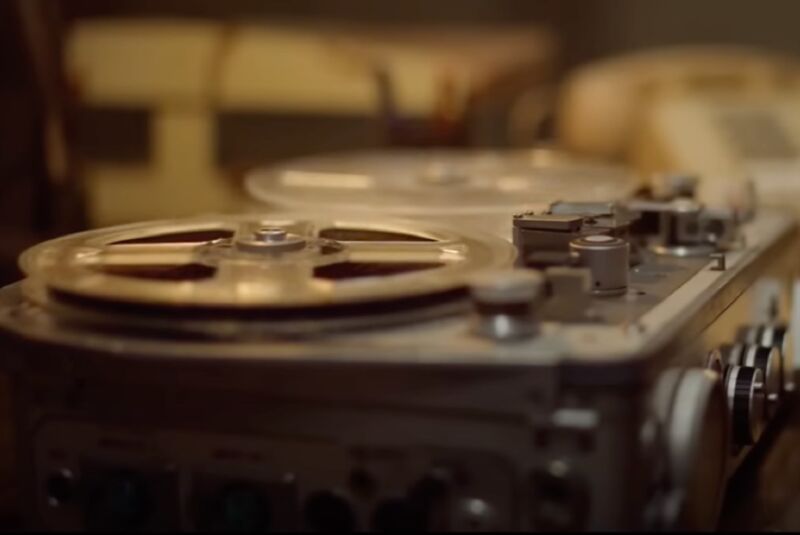
Enlarge / Dr. Ann Burgess helps the FBI catch serial killers in Hulu's Mastermind: To Think Like a Killer. (credit: YouTube/Hulu)
Fans of the Netflix series Mindhunter might recall the character of Dr. Wendy Carr (Anna Torv), a psychologist who joins forces with FBI criminal profilers to study the unique psychology of serial killers in hopes of more effectively catching them. But they might not know about the inspiration for the character: Dr. Ann Wolbert Burgess, whose long, distinguished career finally gets the attention it deserves in a new documentary from Hulu, Mastermind: To Think Like a Killer.
Burgess herself thought it was "fun" to see a fictional character based on her but noted that Hollywood did take some liberties. "They got it wrong," she told Ars. "They made me a psychologist. I'm a nurse"—specifically, a forensic and psychiatric nurse who pioneered research on sex crimes, victimology, and criminal psychology.
Mastermind should go a long way toward setting things right. Hulu brought on Abby Fuller to direct, best known for her work on the Chef's Table series for Netflix. Fuller might seem like a surprising choice for making a true crime documentary, but the streamer thought she would bring a fresh take to a well-worn genre. "I love the true crime aspects, but I thought we could do something more elevated and cinematic and really make this a character-driven piece about [Ann], with true crime elements," Fuller told Ars.
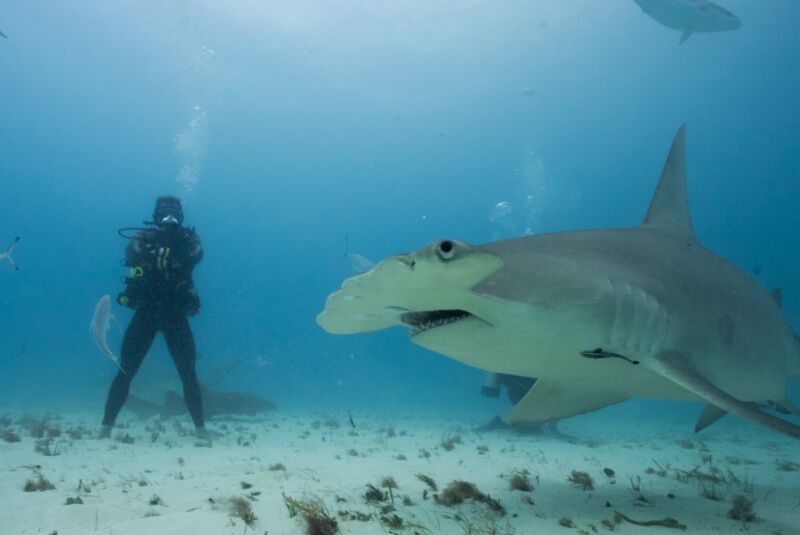
Enlarge / Extreme sportsman Ross Edgley comes face to face with a great hammerhead shark in the waters of Bimini in the Bahamas. (credit: National Geographic/Nathalie Miles)
Ultra-athlete Ross Edgley is no stranger to pushing his body to extremes. He once ran a marathon while pulling a 1-ton car; ran a triathlon while carrying a 100-pound tree; and climbed a 65-foot rope over and over again until he'd climbed the equivalent of Mt. Everest—all for charity. In 2016, he set the world record for the world's longest staged sea swim around the coastline of Great Britain: 1,780 miles over 157 days.
At one point during that swim, a basking shark appeared and swam alongside Edgley for a day and a half. That experience ignited his curiosity about sharks and eventually led to his new National Geographic documentary, Shark vs. Ross Edgley—part of four full weeks of 2024 SHARKFEST programming. Edgley matches his athletic prowess against four different species of shark. He tries to jump out of the water (polaris) like a great white shark; withstand the G forces produced by a hammerhead shark's fast, rapid turns; mimic the extreme fasting and feasting regimen of a migrating tiger shark; and match the swimming speed of a mako shark.
"I love this idea of having a goal and then reverse-engineering and deconstructing it," Edgley told Ars. "[Sharks are] the ultimate ocean athletes. We just had this idea: what if you're crazy enough to try and follow in the footsteps of four amazing sharks? It's an impossible task. You're going to fail, you're going to be humbled. But in the process, we could use it as a sports/shark science experiment, almost like a Trojan horse to bring science and ocean conservation to a new audience."